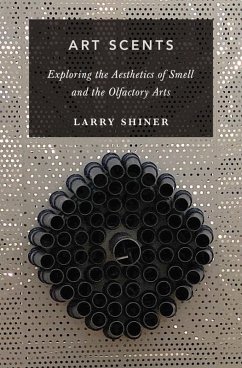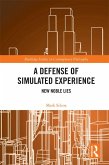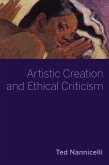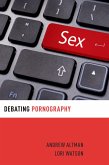Although the arts of incense and perfume making are among the oldest of human cultural practices, it is only in the last two decades that the use of odors in the creation of art has begun to attract attention under the rubrics of 'olfactory art' or 'scent art.' Contemporary olfactory art ranges from gallery and museum installations and the use of scents in music, film, and drama, to the ambient scenting of stores and the use of scents in cuisine. All these practices raise aesthetic and ethical issues, but there is a long-standing philosophical tradition, most notably articulated in the work of Kant and Hegel, which argues that the sense of smell lacks the cognitive capacity to be a vehicle for either serious art or reflective aesthetic experience. This neglect and denigration of the aesthetic potential of smell was further reinforced by Darwin's and Freud's views of the human sense of smell as a near useless evolutionary vestige. Smell has thus been widely neglected within the philosophy of art. Larry Shiner's wide-ranging book counters this tendency, aiming to reinvigorate an interest in smell as an aesthetic experience. He begins by countering the classic arguments against the aesthetic potential of smell with both philosophical arguments and evidence from neuroscience, psychology, anthropology, history, linguistics, and literature. He then draws on this empirical evidence to explore the range of aesthetic issues that arise in each of the major areas of the olfactory arts, whether those issues arise from the use of scents with theater and music, sculpture and installation, architecture and urban design, or avant-garde cuisine. Shiner gives special attention to the art status of perfumes and to the ethical issues that arise from scenting the body, the ambient scenting of buildings, and the use of scents in fast food. Shiner's book provides both philosophers and other academic readers with not only a comprehensive overview of the aesthetic issues raised by the emergence of the olfactory arts, but also shows the way forward for further studies of the aesthetics of smell.
Dieser Download kann aus rechtlichen Gründen nur mit Rechnungsadresse in A, B, BG, CY, CZ, D, DK, EW, E, FIN, F, GR, HR, H, IRL, I, LT, L, LR, M, NL, PL, P, R, S, SLO, SK ausgeliefert werden.









